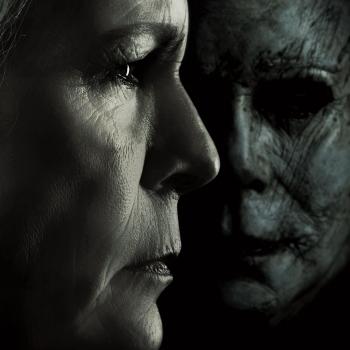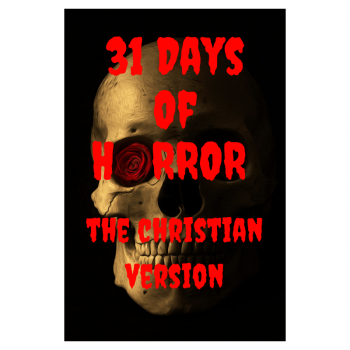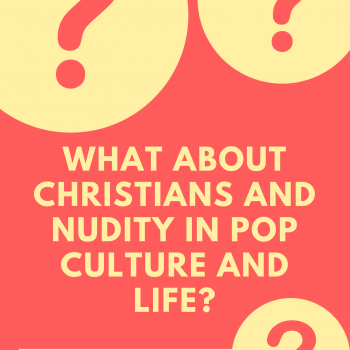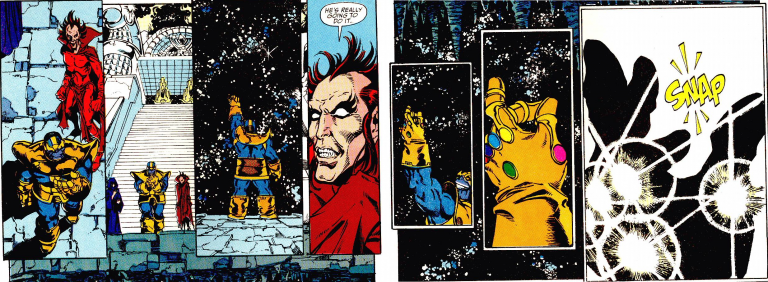This piece is written as a companion to episode 2 of The Pop Culture Coram Deo Podcast and, like that episode, contains numerous spoilers. Subscribe (iTunes, Stitcher, acast, Player.FM). Read on at your own discretion. You can watch Wonder Woman on Amazon.
Mythology for a Secular World
Wonder Woman was just the film Warner Brother’s DC Comic’s Extended Universe film division needed, achieving such success that even director Patty Jenkins was (pleasantly, we assume) surprised by the reception.[1] In hindsight it is easy to see why the movie hit – the film gives us a fresh example of the tried-and-true hero’s journey myth and the actors involved, particularly lead Gal Gadot, deliver characters we come to care about deeply.
Christians particularly will understand why this film resonates with their fellow image-bearers: this movie draws deeply on the Christian shape of reality. Superhero stories are mythology for a secular society and Wonder Woman reflects so much of the true myth – there is a good creation corrupted by a celestial betrayer. Man falls deeply under the betrayer’s sway and the gods act to provide a liberator, a liberator who is the product of a union between creator and creation. Victory over the betrayer is won but won at great cost, one rooted deeply in self-sacrifice.
A Fascinating Character In Any Era
Wonder Woman, as a character, is also is uniquely interesting. And this was true long before she ever showed up on the big screen. Wonder Woman is the creation of William Marston, a man of many interests and advanced education, whose views on the relationship between the sexes remains eyebrow-raising even in our own sexually libertine day.
Wonder Woman is very much the product of Marston’s worldview. Through his psychological research, Marston had come to the conclusion that women were naturally superior to men, both morally and in terms of skill. Further, he believed that women’s tendency toward loving submission was far preferable to masculine authority, which he viewed as toxic and violent.
Such themes were apparent in the early Wonder Woman stories, where the all-women utopia of Paradise Island was accompanied by the Reform Island penal colony, where enemies of the Amazons were not punished, but rehabilitated. Additionally, the goal of the much-vaunted bondage imagery that pervaded Marston’s stories was two-fold: first, to serve as a metaphor for the oppression women suffer in patriarchal society, and second, to add an erotic element so that young readers found themselves associating submission with love, through what Marston called “sex love training.”[2][3]
And while Marston’s influence is felt subtly (in, for instance, the Lasso of Truth that Diana carries) the character nonetheless continues to raise questions about female identity and what healthy interactions between men and women in society will look like. The Wonder Woman film continues in this tradition and introduces the real weakness of the film.
A Feminine Icon That Isn’t Distinctly Feminine
To put it plainly, the approach to femininity in Wonder Woman is deeply flawed. Wonder Woman was hailed as a pro-woman film[4] and definitely is that but, because of the broken prevailing worldview of our day on the subject of womanhood, ends up undermining its own point about femininity.
Diana is powerful, confident, and redeeming in this movie but accomplishes that through nothing that is distinctly feminine. In fact, the movie shows her power by co-opting images of traditional masculine strength. The theme is anything-you-can-do-I-can-do-better.
So Diana is strong – in the way we would expect Superman to be strong. She’s schooled to be a cunning war strategist – the way we would expect, say Batman, to strategize. She does nothing that we aren’t accustomed to seeing a masculine superheroes do. Conversely, there is virtually nothing of traditional femininity in Wonder Woman. The closest we get is a fresh-off-the-boat-from-Themiscyra Diana cooing at a baby and moving to embrace the child but this is as much a result of her coming from an island populated only by adult women as it is any nod to domesticity or nurturing qualities. The overall affect of the film on the subject of femininity is akin to hearing a neighbor describe how wonderful his younger son is by pointing out just how very much like his older brother the boy is.
Conversing with my wife about this film yielded an additional interesting note: the one thing that is uniquely feminine about Wonder Woman in this film is her physical form. While Diana and the women of Themiscyra are doing lots of things that look like what we expect from men they are certainly not dressed anything like we would expect men to be dressed. In this way, unintentionally I’m sure, Jenkins’ film reduces the distinctly feminine down to putting feminine body parts more prominently on display.
A Better Picture of Femininity for Image-Bearers
The feminism of our day insists, counter all observable evidence, that men and women are equal in every characteristic or else equality doesn’t exist. In doing so they insist women prove their merit on the basis of masculine merit (physical strength, bravery in battle, martial skill, etc.). This works to completely hide the uniquely feminine ways that women are wonderfully differentiated from men. My wife is brave, not because she fights in battle, but because she (for instance) determined that a natural childbirth would be better for our children’s health and carried it out four times at great cost of pain. But we’re told that speaking of women’s dignity in connection to childbearing and rearing is sexist so it mustn’t be praise in public. This is pure nonsense, of course, but we continue the course nonetheless.
In contrast, history affords us better rounded examples of wonderful women who accomplish much for society and the Kingdom of Christ in ways that aren’t built on cribbing traditionally masculine imagery. Lady Jane Grey, Mary Somerville, Lottie Moon, and Teresa of Calcutta all give a more well-rounded vision of femininity that do not fall victim to simplistic definitions of equality. So love Wonder Woman and particularly her film. Rejoice when she takes out her sword and liberates a French town held in the grip of proto-Nazis before having a quiet dance in the snow. But remember this too:
“… it is true that manhood and womanhood are to complement rather than duplicate each other, and if it is true that the way God made us is good, then we should be very slow to gather a list of typical male weaknesses [or, for our purposes here, strengths] or a list of typical female weaknesses and draw a conclusion that either is of less value than the other. Men and women are of equal value and dignity in the eyes of God—both created in the image of God and utterly unique in the universe.[5]”
Jeff Wright pastors Midway Baptist Church in Cookeville, TN and a host of The Pop Culture Coram Deo Podcast. You can find him on Twitter @wrightjeff and his blog at jeffwright.exaltchrist.com
This piece is written as a companion to episode 2 of The Pop Culture Coram Deo Podcast and, like that episode, contains numerous spoilers. Read on at your own discretion. You can watch Wonder Woman on Amazon.
[1] https://www.cinemablend.com/news/1699189/why-patty-jenkins-didnt-expect-wonder-woman-to-be-so-well-received
[2] http://comicsalliance.com/tribute-william-moulton-marston/
[3] For more on Marston and the creation of the Wonder Woman character see The Secret History of Wonder Woman by Jill Lepore and/or the 2017 film Professor Marston and the Wonder Women (assuming, of course, your conscience allows).
[4] https://www.theguardian.com/lifeandstyle/2017/jun/05/why-wonder-woman-is-a-masterpiece-of-subversive-feminism
[5] What’s the Difference: Manhood and Womanhood Defined According to the Bible, John Piper, page 58.














